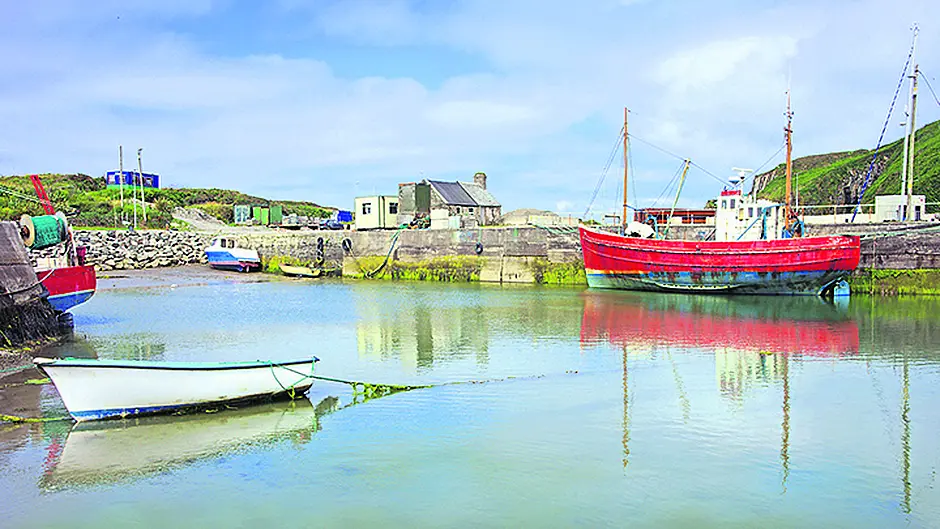A raft of community centres, libraries and other hubs throughout West Cork are to be connected to high speed broadband next year in a government investment worth €314m.
A RAFT of community centres, libraries and other hubs throughout West Cork are to be connected to high speed broadband next year in a government investment worth €314m.
Described as the ‘biggest initiative for rural Ireland since electrification’ the government this week signed a contract for the controversial National Broadband Plan, which pledges to bring high-speed broadband to 78,695 homes across Cork in areas where commercial operators will not commit to deliver the service.
As an initial step, the government published a list of approximately 300 community centres, schools, library hubs and local GAA halls in every county that will be connected during 2020.
Benefitting locally are centres on Cape Clear and Sherkin Island; along with Bere Island Heritage Centre and An Sanctóir in Ballydehob.
Fine Gael senator and member of the Oireachtas communications committee, Tim Lombard described the announcement as a ‘landmark day for Cork and for rural Ireland generally.’
Senator Lombard said: ‘The work will start immediately, with roll-out of broadband within eight weeks of the contract signing. Over 90% of premises in the State will have access to high speed broadband within four years. Quite simply this means rural communities in Cork will not be left behind. Rural Ireland will get the same access to opportunities offered by high-speed broadband as those in urban areas.’
Other West Cork locations are: Castletownkenneigh Community Centre; Clogagh Community Hall and national school near Timoleague; Dromclogh Community Hall, near Bantry; Gaggin Community Hall, Bandon and Lisavaird Community Centre, near Clonakilty.
The FG senator added: ‘The ultimate goal here is to deliver high-speed broadband to homes and businesses all across the country. The delivery of high-speed broadband will be hugely beneficial to economic development and job creation in Cork.
‘It will open up a whole range of possibilities including: flexible and remote working; smart health with online GP and nursing services and medical monitoring; cloud-based services and connected devices; smart farming opportunities; digital learning; and reliable electronic payments and bookings for businesses,’ he added.








